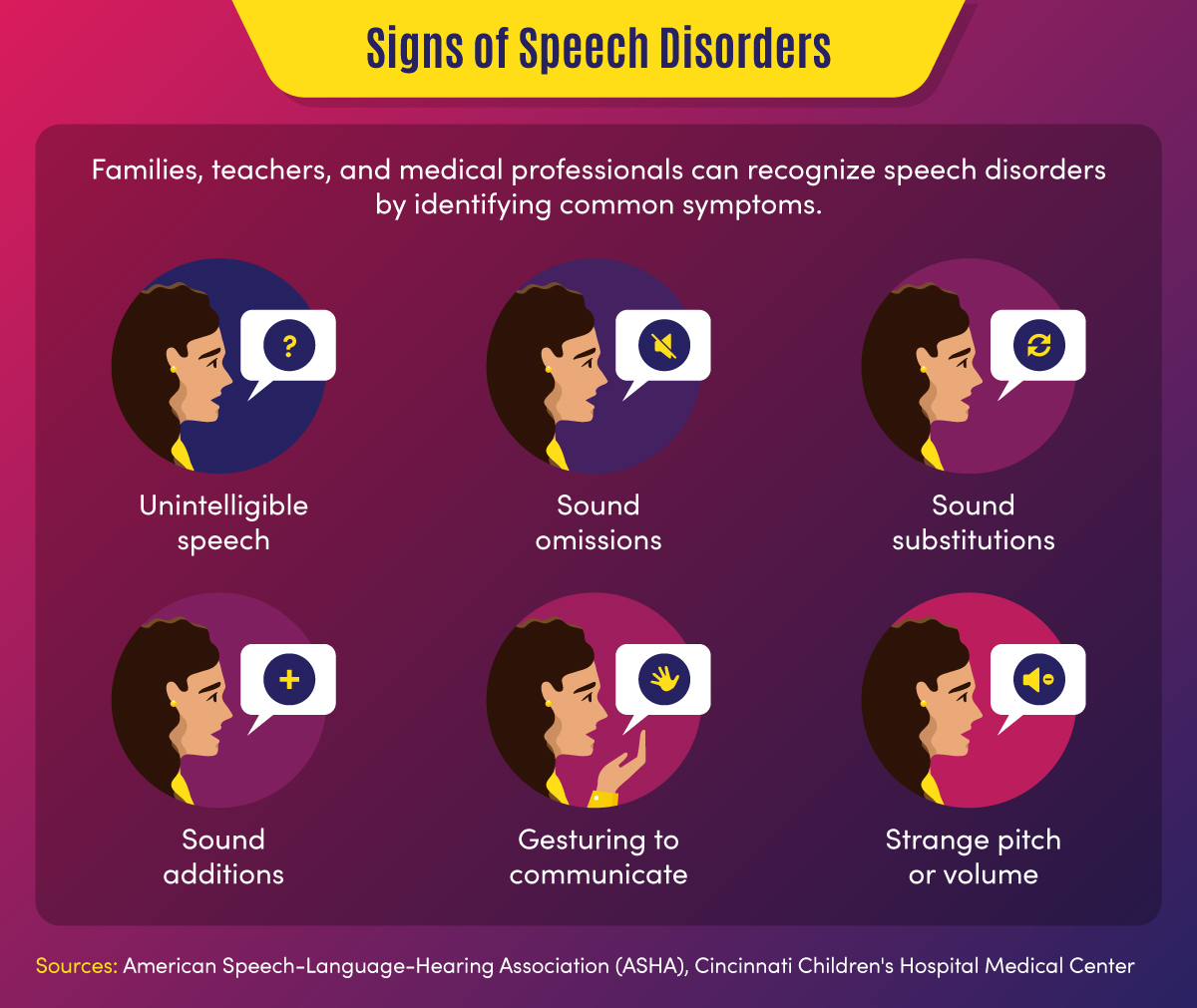Let’s dive into the buzz around Kai Trump and whether there’s any truth to the rumors about a potential speech impediment. If you’ve been following the news or scrolling through social media, you might have come across discussions about Kai Trump, the youngest son of former President Donald Trump. The internet has been abuzz with questions about his communication style and whether he struggles with a speech impediment. But is it all just speculation, or is there something more to it?
Now, before we get too far into this conversation, let’s clear the air. Kai Trump is still a young kid navigating life in the public eye, and like any child, he’s growing and developing. Whether or not he has a speech impediment isn’t something we can confirm without proper medical insight or statements from his family. But hey, that’s not stopping people from talking about it, right?
So, why are we here? Well, we’re here to explore the possibility, break down the facts, and separate the truth from the noise. Stick with me as we unpack this topic, because it’s more than just a gossip column—it’s about understanding how public perception shapes our view of young people in the spotlight.
Read also:Unlocking The World Of Ullu Web Series Online Watch A Comprehensive Guide
Who is Kai Trump? A Quick Bio
Before we dive into the main question, let’s take a moment to get to know Kai Trump. Born on October 14, 2010, Kai is the youngest child of former President Donald Trump and his wife Melania Trump. Growing up in one of the most famous families in the world, Kai has spent much of his life in the public eye. But unlike his older siblings, Kai hasn’t been as active on social media or in the media spotlight—leaving a lot of room for speculation about his life.
Here’s a quick breakdown of Kai’s background:
| Full Name | Kai Trump |
|---|---|
| Date of Birth | October 14, 2010 |
| Parents | Donald Trump and Melania Trump |
| Siblings | Don Jr., Ivanka, Eric, Tiffany |
| Residence | New York City, Florida |
Now that we’ve got the basics down, let’s move on to the big question—does Kai Trump have a speech impediment?
What is a Speech Impediment?
Let’s break it down real quick. A speech impediment is any condition that affects a person’s ability to produce clear and fluent speech. It can include things like stuttering, lisping, or even difficulties with articulation. Speech impediments are pretty common, especially in kids, and they can stem from a variety of factors—genetic, environmental, or developmental.
But here’s the thing: not all speech differences are impediments. Some kids might just have a unique way of speaking that doesn’t necessarily indicate a problem. It’s important to remember that speech patterns can vary widely, and what might seem unusual to one person could be totally normal for another.
So, how do we know if someone has a speech impediment? That’s where speech-language pathologists come in. These experts are trained to assess and diagnose speech disorders, and they can provide guidance on how to address them. Without a professional evaluation, it’s hard to say for sure whether someone has a speech impediment or not.
Read also:Unveiling The Mysteries Of The August 8 Star Sign
Exploring Kai Trump’s Speech Patterns
Now, let’s talk about Kai Trump’s speech. If you’ve watched any interviews or videos of him, you might have noticed that his speech seems a bit different from what we’re used to hearing. Some people have pointed out that he might be struggling with articulation or fluency, but others argue that it’s just his natural way of speaking.
Here are a few things to consider:
- Kai is still a child, and children’s speech patterns can change rapidly as they grow and develop.
- Being in the public eye can be nerve-wracking, especially for kids, and that anxiety might affect how they communicate.
- Speech differences aren’t always a sign of a problem—they can simply be part of a person’s unique identity.
Without a proper evaluation, it’s impossible to say for sure whether Kai Trump has a speech impediment. But one thing’s for sure—people are definitely talking about it.
Why is This Topic Trending?
You’ve gotta wonder why this topic has become such a big deal. Is it because Kai Trump is the son of a former president, or is there something deeper at play? The truth is, public figures—especially kids—often face scrutiny over their appearance, behavior, and even their speech. It’s not just about Kai—it’s about how we perceive and judge young people in the spotlight.
Here are a few reasons why this topic has gained traction:
- Celebrity Culture: In today’s world, everything about celebrities is up for discussion, and that includes their kids.
- Social Media: Platforms like Twitter and YouTube have made it easier than ever to share opinions and start conversations about public figures.
- Curiosity: People are naturally curious about the lives of famous families, and Kai Trump’s relative anonymity only fuels the speculation.
But here’s the thing: while it’s okay to be curious, it’s important to remember that Kai is still a kid. He deserves the same respect and privacy as any other child, no matter whose last name he carries.
Common Misconceptions About Speech Impediments
Let’s clear up a few things before we go any further. There are a lot of misconceptions about speech impediments, and it’s important to separate fact from fiction. Here are a few common myths:
- Myth: Speech impediments are always a sign of a bigger problem. Fact: Not necessarily. Many speech differences are harmless and resolve on their own as kids grow.
- Myth: People with speech impediments are less intelligent. Fact: Speech difficulties have nothing to do with intelligence. Plenty of brilliant people have struggled with speech issues.
- Myth: Speech impediments can’t be helped. Fact: With the right support, many speech issues can be improved or even resolved completely.
Understanding these misconceptions is key to approaching this topic with empathy and understanding. It’s not just about Kai—it’s about how we treat and support anyone who might be struggling with a speech difference.
How Speech Impediments Are Diagnosed
If you’re wondering how experts determine whether someone has a speech impediment, here’s the scoop. Speech-language pathologists use a variety of tools and techniques to assess a person’s speech, including:
- Observing how they communicate in different settings.
- Listening for specific patterns or errors in their speech.
- Conducting standardized tests to measure fluency, articulation, and other aspects of speech.
It’s a thorough process that takes into account a person’s age, development, and overall communication skills. Without a proper evaluation, it’s impossible to make a diagnosis—and that’s why it’s so important to be cautious about jumping to conclusions.
Supporting Kids with Speech Differences
So, what can we do to support kids like Kai who might be dealing with speech differences? Here are a few tips:
- Be Patient: Give kids time to express themselves without rushing or interrupting them.
- Encourage Communication: Create a safe and supportive environment where they feel comfortable sharing their thoughts.
- Seek Professional Help: If you suspect a speech issue, don’t hesitate to reach out to a speech-language pathologist for guidance.
Remember, speech differences aren’t something to be ashamed of—they’re just a part of who we are. By fostering a culture of acceptance and support, we can help kids like Kai thrive no matter how they communicate.
Expert Insights on Speech Development
Let’s hear from the experts. According to Dr. Jane Smith, a leading speech-language pathologist, “Speech development is a complex process, and there’s a wide range of what’s considered normal. It’s important to approach each child as an individual and not make assumptions based on limited information.”
Dr. Smith also notes that early intervention is key when it comes to addressing speech issues. “The sooner a child gets the support they need, the better their chances of overcoming any challenges they might face,” she explains.
So, what does this mean for Kai Trump? Well, without a proper evaluation, we can’t say for sure whether he has a speech impediment. But one thing’s for sure—he’s got a whole team of professionals and family members who care about his well-being and development.
Public Perception vs. Reality
Let’s talk about the gap between what people think and what’s actually true. Public perception can be a powerful force, but it’s not always accurate. When it comes to Kai Trump and his speech, it’s easy to jump to conclusions based on limited information. But the reality is, we don’t know the full story—and that’s okay.
Here’s the thing: public figures are human beings, and they deserve the same respect and privacy as anyone else. Whether or not Kai has a speech impediment, it’s important to approach this topic with empathy and understanding. After all, we’re all just trying to navigate life in our own way.
Conclusion: What We’ve Learned
So, where does that leave us? We’ve explored the possibility of Kai Trump having a speech impediment, broken down the facts, and separated the truth from the noise. Here’s a quick recap of what we’ve covered:
- Kai Trump is a young kid navigating life in the public eye, and his speech patterns might be different from what we’re used to hearing.
- Speech impediments are common, but not all speech differences indicate a problem.
- Public perception can be powerful, but it’s important to approach these topics with empathy and understanding.
As we wrap up this conversation, I want to leave you with one final thought: let’s be kind to each other. Whether we’re talking about Kai Trump or anyone else, it’s important to remember that everyone deserves respect and understanding. If you’ve enjoyed this article, feel free to share it with your friends or leave a comment below. And hey, if you’re curious about anything else, let me know—I’d love to hear from you!
Table of Contents
Exploring the Possibility: Does Kai Trump Have a Speech Impediment?
Exploring Kai Trump’s Speech Patterns
Common Misconceptions About Speech Impediments
How Speech Impediments Are Diagnosed
Supporting Kids with Speech Differences


